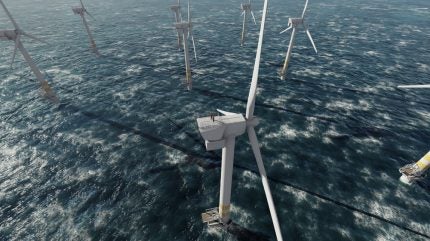
Denmark has been forced to delay the construction of its planned North Sea Energy Island by at least three more years due to rising costs and high interest rates.
The artificial island was designed as a hub for collecting and distributing electricity generated by offshore wind turbines.
A government minister announced the delay on Wednesday, explaining the project is intended to supply approximately three million European households with renewable energy.
Danish Energy Minister Lars Aagaard told Reuters that the projected cost of investment for the energy island exceeded DKr200bn ($29.81bn), and also required nearly DKr50bn in state funding.
He declined to comment to the US news outlet on the cost increase from the project’s initial cost projections.
In June 2023, the country announced the first delay on the energy island, explaining that the cost of the project was too expensive.
According to Aagaard, rising interest rates and the cost of raw materials led to the project no longer being economically viable.
The project was initially set to be constructed without the use of subsidies, with Denmark and Belgium funding the project due to the positive impact on both countries’ energy landscape.
However, efforts to secure additional funding have been unsuccessful and Belgian authorities have refused to provide any more money.
If the project is redesigned to include a power link to Germany, this could secure additional funding from that country but would delay completion until 2036.
According to Power Technology’s parent company, GlobalData, installed wind power capacity was 827.3GW in 2021 and is expected to achieve a CAGR of more than 9% up to 2030.



